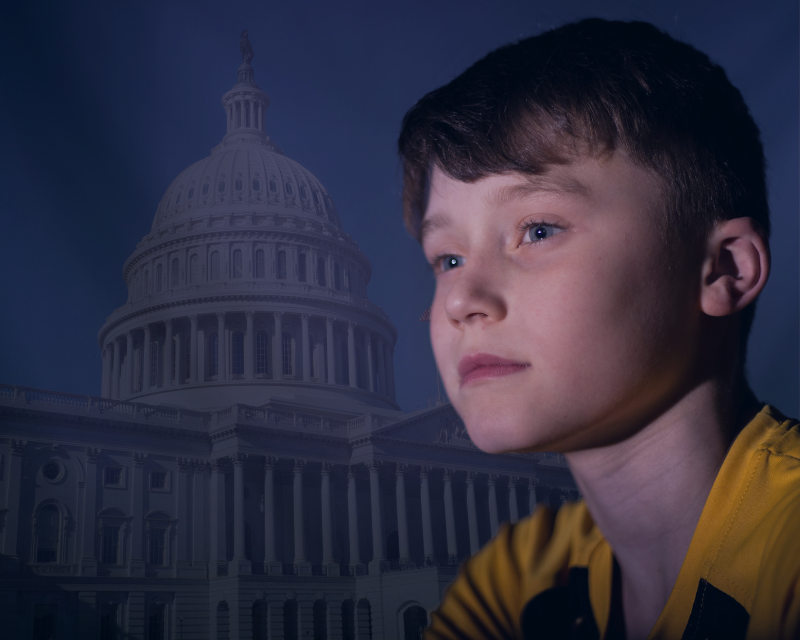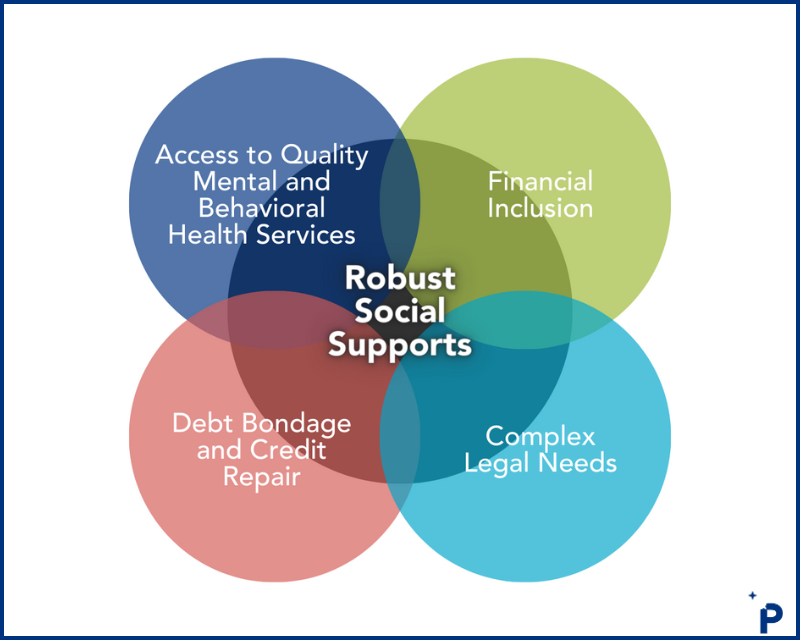
Policy change takes time and collective effort — and when we reach our goals, it’s important to celebrate milestones and keep the momentum going. In that spirit, this blog is one of a three-part series on recent wins across the country, as states introduce and improve laws that prevent exploitation, support survivors, and hold traffickers accountable.
Polaris has played our part in these successes, sitting on local coalitions, providing testimony, writing letters, and filing slips in support of survivor-centered policies. But this work needs all partners at the table to be successful — and we invite you to join the movement.
**********
Sex trafficking is terrible at any age, but stories about child victims and survivors in particular tend to draw more attention. This carries over into lawmaking trends, where policies geared to protect children naturally gain more momentum.
In Illinois, the Prevent Unfair Sentencing of Youth Act gives judges more discretion in sentencing children found guilty of harming their abusers. It requires judges to consider factors such as involvement in the child welfare system and history of sexual exploitation, and it creates a pathway for judges to depart from mandatory minimums or return the case to juvenile court.
Growing support for laws like Illinois’ not only helps victims and survivors of child sex trafficking but also represents a step toward racial justice. Black girls and women are overrepresented among victims of sex trafficking and overcriminalized by the criminal legal system, including in situations where they have defended themselves against their exploiters.
Sign up to learn more about human trafficking and how you can help
At other times, the desire to protect children can obscure the nuances involved in fighting human trafficking. California passed a law classifying sex trafficking of children as a serious felony under the state’s “three strikes” law, enabling longer sentences for repeat offenders and aiming to dissuade traffickers from exploiting children.
The bill was highly contested — including by advocates who recognized that such a law could be used to prosecute victims and survivors caught in cycles of trafficking themselves. With these concerns at the forefront, dissenting assembly members ultimately passed the bill but with specific amendments to protect victims and survivors from being criminalized under the new law.
How can you help advance nuanced, survivor-centered policymaking? Join us in continuing to push for relief benefiting survivors of all ages, including those whose criminal records are the result of their trafficking experience as a child.
Stop human trafficking today
Help fix the broken systems that make trafficking possible so we can prevent it from happening in the first place.



